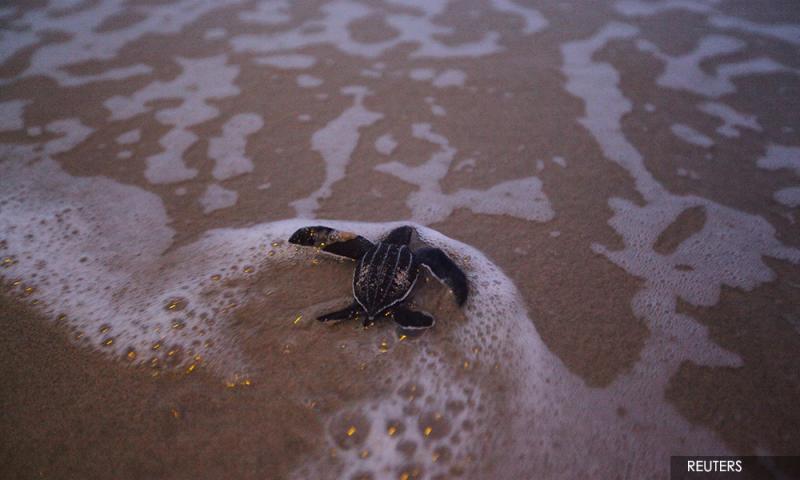LETTER | Wither the environment after the MCO?
LETTER | Since the conditional movement control order, I have been taking walks on the beach early in the morning. As a retiree, staying healthy is my top priority, and exercise is a means towards that goal. Exercises not only strengthen us physically but also enhances our immunity system. It probably releases endorphins which makes us feel good and positive. The added advantage is a strong driving force for exercises.
After weeks of enforced lockdown and reduced human incursions into the environment, the air is superbly fresh. I could literally feel the reduced pollutants in the air. When a gentle breeze blows into my face, it gives the feeling I am alone on an island, monopolising all the oxygen that is generated by the trees. It certainly reminds me of Louis Armstrong's song, What a wonderful world. It is no wonder that many Westerners want to live in remote areas that are “Far from the madding crowd.”
During this period of reduced activity, the sky and sea are both exceptionally blue, making me feel that paradise is right here. The turtles also think they are on a paradise beach. I was lucky to see turtles three times during my walks. It was in the news that turtle eggs have been discovered, though it was wisely not revealed where the location is.
As our carelessness and wantonness towards other creatures have enabled the coronavirus to spread all over the world, it’s likely the pollution we have wrecked on our environment will result in future catastrophes. The climate change that is getting increasingly serious is an abundantly clear indicator.
Day after day, the seashore bears testimony to human intrusion, indifference and poor standard of our education system. Plastic bags, styrofoam packs, plastic bottles and even discarded sandals are common sights, though much reduced during this period, when compared to earlier weeks when there are crowds on the beach. These items must have been trapped in the swamps, and got dislodged when the sea gets stormy. Rivers, streams and drains also carry tons of plastic waste from villages and towns inland, and sometimes beautiful beaches become rubbish dumps, depending on the current.
Coconut fronds, dead branches and organic debris are natural pollutants which are occasionally found on the beach. However, they do not constitute such an eyesore, when compared to plastic waste.
Once, I saw a relatively big, but dead turtle on a different beach. The poor creature would have likely swallow plastic bags, mistaking them for jellyfish. I read in the news that a dead whale was found to contain lots of plastic in its stomach. It's the fault of humans, not the poor whale, which needed food. We have encroached into their space.
When there are crowds, it’s not uncommon to see disposable diapers and left- behind discards from a picnic on the beach, besides the earlier mentioned rubbish. There are dustbins, but the cleanliness of the beach is far from the minds of visitors. Their rationale: "It's the town council's job." They are too blind to see that they have failed as civic-minded citizens.
The use of plastic should be gradually reduced throughout the world. Plastic materials are cheap and convenient, but the environmental degradation they cause is a disproportionately high price to pay for the convenience. Imagine what it would cost the world to fish out the millions of tons of plastic waste in the seas and oceans.
One of the first thing that impresses us when visiting a developed nation is the cleanliness and orderliness. The rubbish on the beach is a testimony of our third world status and mindsets, though many of our buildings and facilities are already first world. "First world facility, third world mentality," was what my friend used to lament.
The views expressed here are those of the author/contributor and do not necessarily represent the views of Malaysiakini.
RM12.50 / month
- Unlimited access to award-winning journalism
- Comment and share your opinions on all our articles
- Gift interesting stories to your friends
- Tax deductable
